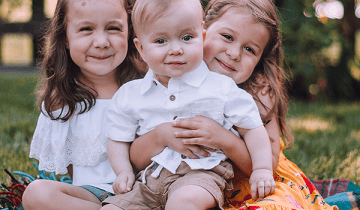We studied how common pain was thought to be due to muscle spasticity in the legs or arms is in children/adolescents with CP.
CPF Executive Director Rachel Byrne and Mary Gannotti, PhD, PT discuss pain across the lifespan in cerebral palsy.
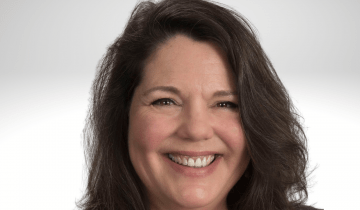
Pain in people with cerebral palsy is very common, and probably not evaluated frequently enough.
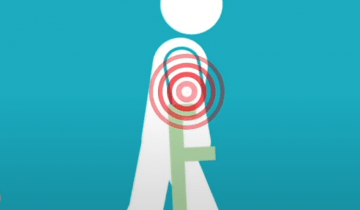
A lot of people with cerebral palsy will experience pain over the course of their life. Through better assessment we can provide better interventions, which will lead to a better quality of life.
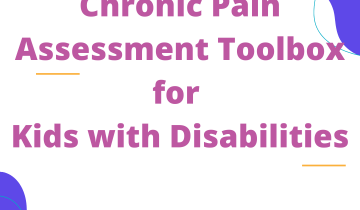
The Cerebral Palsy Foundation has created a factsheet to help guide you in understanding and treating pain with CP. This fact sheet has been created for individuals with cerebral palsy to provide basic guidance surrounding common causes and potential treatment of pain.
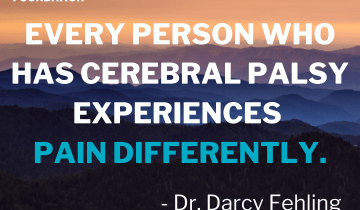
Students with disabilities often need extra support throughout the day to access their environment, the academic materials, and learn alongside their peers. A Personal Care Attendant in the school setting is often utilized to support the students needs.
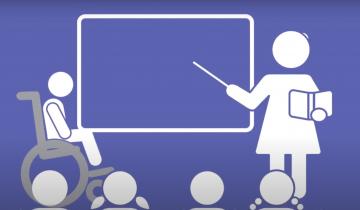
Children and teens with cerebral palsy and other disabilities may need the assistance of an individual who has a background in healthcare and the skills to provide the services essential to quality care.
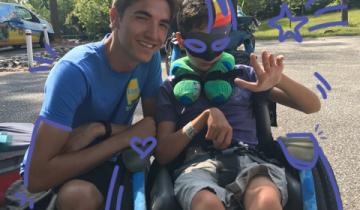
Personal Care Attendants for adults with cerebral palsy and other disabilities provide a variety of essential functions that ensure safety, health, wellbeing and overall impact quality of life.
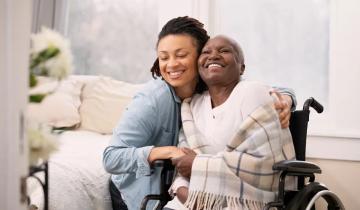
An employment agreement spells out the rules, rights and responsibilities for both the Personal Care Attendant (the employee) and the individual with cerebral palsy or family who is hiring the Personal Care Attendant.
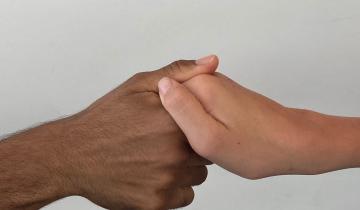
Author David Stoner provides insight into his experience with Personal Care Attendants through the years as his needs and his family's needs have changed.
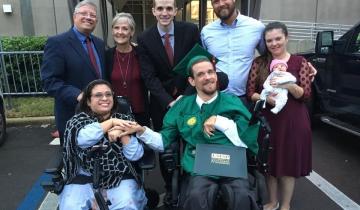
On this episode, I have the honor of talking with Wendy Pierce, MD, a pediatric physiatrist at Colorado Children's Hospital about physiatry, also known as Physical Medicine and Rehabilitation. This fantastic field of medicine can be helpful for individuals with cerebral palsy across with lifespan, but it has a confusing name and sometimes a confusing job description. So we set out to help listeners better understand what a physiatrist does.
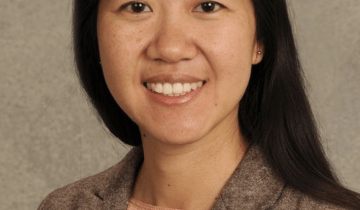
My boys were exactly the same amazing, lovable, adorable, brilliant little boys after the diagnosis, that they had been before it. The exact same.
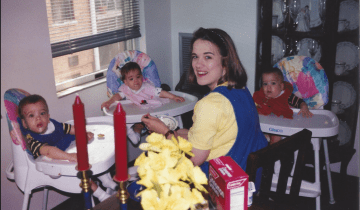
Shelby Nurse discusses how pain has been part of the reality throughout her life. In this video Shelby talks about what strategies and pain management techniques have worked for her and how this have changed and different times.
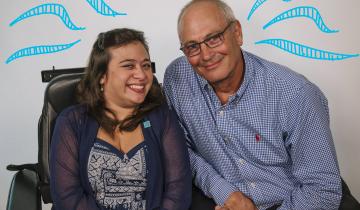
Our “Let’s Talk CP” podcast series kicks off with a great conversation about what questions to ask your child’s clinician when your child has cerebral palsy. How should you prepare for a medical appointment? What questions should you ask? Should you get a second opinion? Join Cerebral Palsy Foundation host, Cynthia Frisina as she shares candid talk, lessons learned and great advice with fellow moms, Wendy Sullivan and Jennifer Lyman. This episode is made possible with the support of Ipsen Biopharmaceuticals.

I suppose there has to be one silver lining that comes out of being sheltered in place for months on end (due to Covid-19): I’ve finally been catching up on sleep. The recommended nightly hours of sleep is between 7 and 9 hours . For me, getting a good night’s sleep has been the best way to regain a sense of control and ease during such unnerving times. Not only does sleep improve mood and
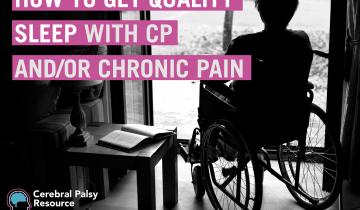
There are so many different causes for potential pain that it can be hard to find the cause. If you have CP or are a parent of someone with CP it is really important to empower yourself with information on pain including what causes it and options for treatment. You need to work out what is causing the pain not just mask it with pain medication.
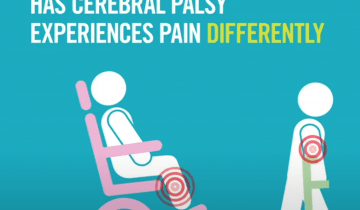
The typical cognitive assessments that are used for children require them to be able to use their hands to point to pictures or hold puzzle pieces.
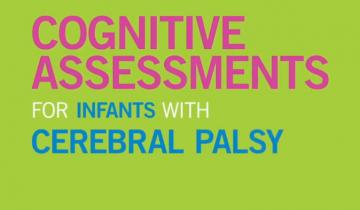
There is insufficient research on adults living with cerebral palsy, (as referenced in my previous blog post on cerebral palsy and adulthood). Although there is a paucity of studies examining mental health in this population, medical researchers have speculated that the rate of depression is three to four times higher in people with disabilities such as CP than it is in the general population.
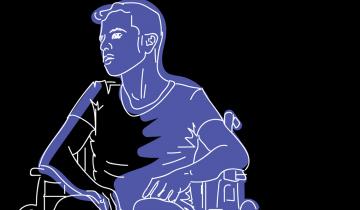
"Cerebral palsy is primarily a motor impairment so it's really important to look at what the child’s motor function is. Are they developing on the trajectory of a child who has cerebral palsy or are they developing as we would expect a baby to develop? "
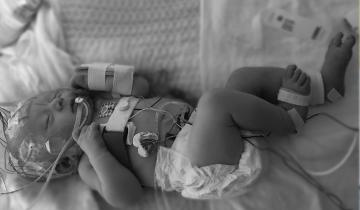
When first meeting a parent who's had a child newly diagnosed with cerebral palsy, I really want to try and help them understand their baby. It can be difficult for parents to take it in all at once and many leave that first interview quite overwhelmed, but you're going to meet some really important and helpful people.
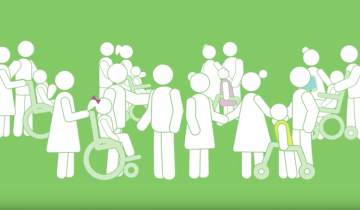
One of the things that we typically forget when we look at kids who have conditions like CP, is that they're first and foremost, children.
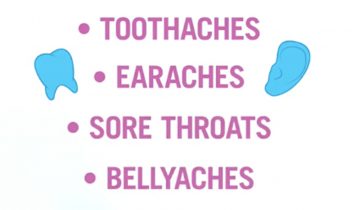
Receiving early diagnoses or high‐risk for CP classification is a parent priority. Alignment between parents and providers exists for International Classification of Function domains of body functions/structures and activity, but less for those of environment, personal, and participation.
My name is Nathalie Maitre, I work at Nationwide Children's Hospital. I'm a physician and a researcher
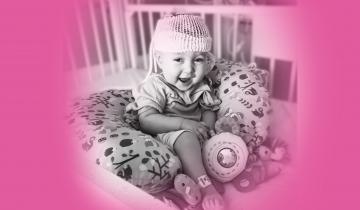
Owen is our third baby and after a healthy pregnancy and making it to 38 weeks, I thought we would coast into life with three kids and adapt to the beautiful chaos that is life outnumbered by little ones. Somewhere in between, I ended up watching as my newborn baby was packed up into a life-flight helicopter and whisked away before I even got a chance to hold him. I would do whatever it took to get to Owen at Nationwide Children’s Hospital, I would will him from hundreds of miles away to hang on, to fight long enough for me to get there – and then we could do “whatever it took” together.
